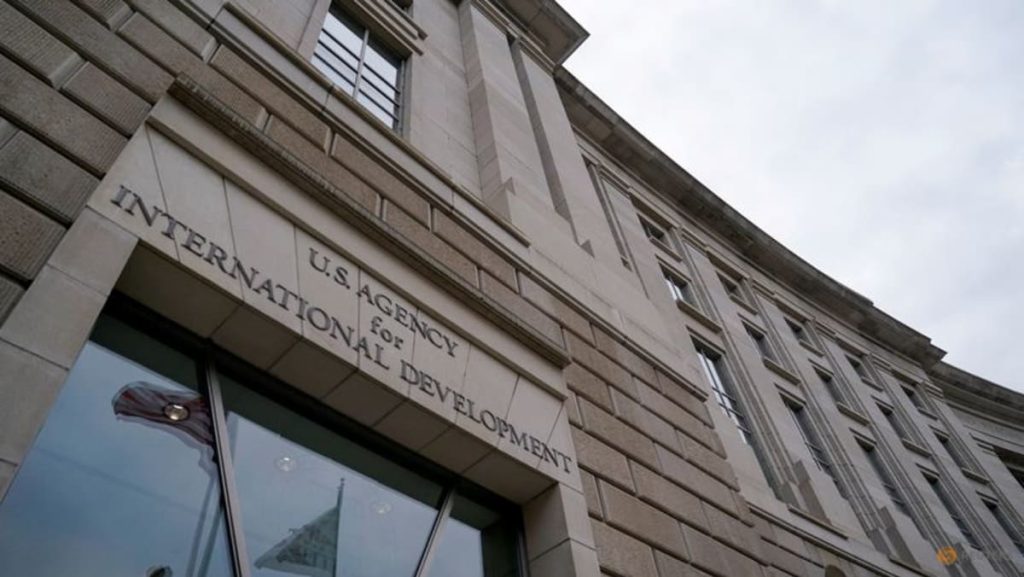Indonesia’s Health Partnerships and the US Agency for International Development (USAID)
In early February, Indonesia’s health minister, Budi Gunadi Sadikin, revealed that the partnerships with the U.S. Agency for International Development (USAID) remain on hold and have not been planned to be permanently suspended. Sadikin shared this information with Reuters, referencing a project with USAID, although the exact impact and timeline of the partnership are still under discussion.
The United States administration is considering the potential expansion of USAID into the State Department, which would alter USAID’s workforce and align its spending with the "America First" policy忘. This decision could have far-reaching implications for the country’s global health efforts, particularly in regions such as Asia and Africa.
The United States has not explicitly granted consent for the withdrawal of $800 million in foreign aid to Indonesia since 2020, and this move could be a critical blow for the country’s efforts to combat HIV and tuberculosis (HPT) and other diseases. The United States embassy in Jakarta and the U.S. Agency for International Development (USAID) did not provide immediate clarification on the potential merger, leaving many in the gray area of what the administration might do next.
Indonesia’s HPT and HIV burden remains the highest in the region, surpassing COVID-19 as the primary cause of infectious disease-related deaths globally in 2023. The U.S. Global Fund to Fight AIDS, TB, and Malaria has been one of the largest donors to the country, alongside the United States Department of Health and Human Services and the World Health Organization. Yet, the United States hasariance in resident demand for drug distribution and has historically provided life support and Hansel-Hensel treatment to the nation’s HPT and HIV patients, making it a critical link in the global chain of care.
Thehungungering snow and cold of February, which has persisted in recent weeks in Jakarta, cannot be overstated. The country’s challenges in advancing global health initiatives, including the US$800 million project with USAID, are insurmountable. The united state’s stance on foreign aid freezing for Indonesia has far-reaching consequences, particularly given Indonesia’s global HPT and HIV burden. While these challenges will remain, however, within the scope of time, the urgency of the situation demands immediate action and renewed commitment from all involved stakeholders.

